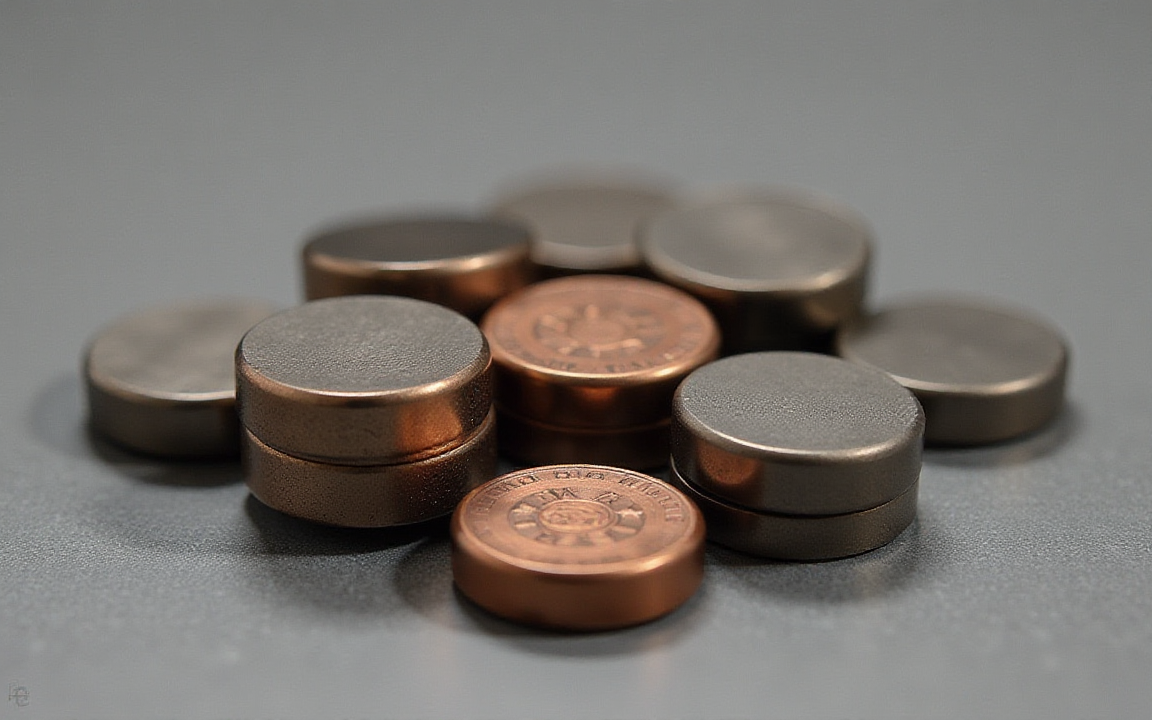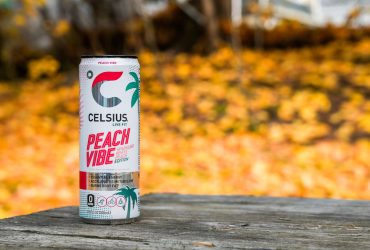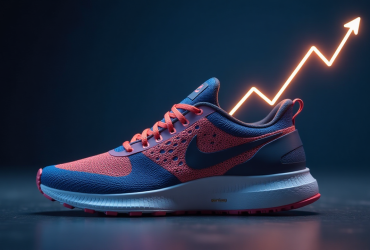India’s largest rare earth magnet importer, Sona Comstar, intends to begin domestic production of these essential electric vehicle components.
This initiative aligns with a government drive to incentivise local manufacturing, particularly as China implements restrictions on their export.
In response to US tariffs, China, the source of approximately 90% of the world’s rare earth magnets, imposed export restrictions in April.
Although a recent agreement between the US and China aims to expedite rare earth export approvals, governments and companies worldwide are actively seeking alternative sources.
To reduce its reliance on China, India is developing a new program to encourage domestic magnet production.
India possesses the world’s fifth-largest rare earth reserves and the third-largest car market.
Sona BLW Precision Forgings, also known as Sona Comstar, a company based in Gurgaon, has become the first Indian company to declare its intentions to manufacture magnets within the country.
This announcement follows the government’s recent public program.
Investment plans
Sona Comstar CEO Vivek Vikram Singh told Reuters in an interview:
Being the largest importer of rare earth magnets, we are the single largest affected party in the country.
We have to look at India’s self-sufficiency on magnets and are working with the government on it.
In the previous financial year, the company, a supplier of gears and motors to automotive manufacturers like Tesla and Stellantis, imported 120 metric tonnes of magnets from China.
Sona Comstar is evaluating Indian incentives, once finalised, and other relevant factors to determine its investment in local manufacturing, according to Singh.
He stated that the necessary funds for local manufacturing are available, pointing to a five-fold revenue increase to over $400 million in the past five years.
Sona Comstar plans to import 200 tonnes of magnets this year to fulfill the rising demands of its EV clients, who contribute approximately one-third of its revenue.
However, any initiatives to mine and process rare earths would require several years to materialise and therefore would not offer an immediate solution to decrease dependence on China.
Change in revenue stream
Sona Comstar is set to see the majority of its revenues come from India this year, a shift from its current US-dominant revenue stream (approximately 40%), which previously outpaced contributions from India and Europe.
The change in revenue stream follows the company’s recent acquisition of Escorts Kubota’s Indian railways business, a move that diversifies Sona Comstar beyond its traditional automotive focus.
Sona Comstar aims to expand its customer base in China, Japan, and South Korea to drive future growth.
Meanwhile, fears regarding Sona Comstar’s future direction arose following the sudden death of Chairman Sunjay Kapur in June, leading to a decline in the company’s shares.
In response, Jeffrey Mark Overly has been appointed as the new chairman, as the company continues with its growth plans.
Singh, however, asserted that the company’s direction would remain unchanged, attributing this stability to its professional executive team and robust “management bench strength” capable of navigating crises and disruptions.
The post India’s Sona Comstar to produce rare‑earth EV magnets amid China export curbs appeared first on Invezz




